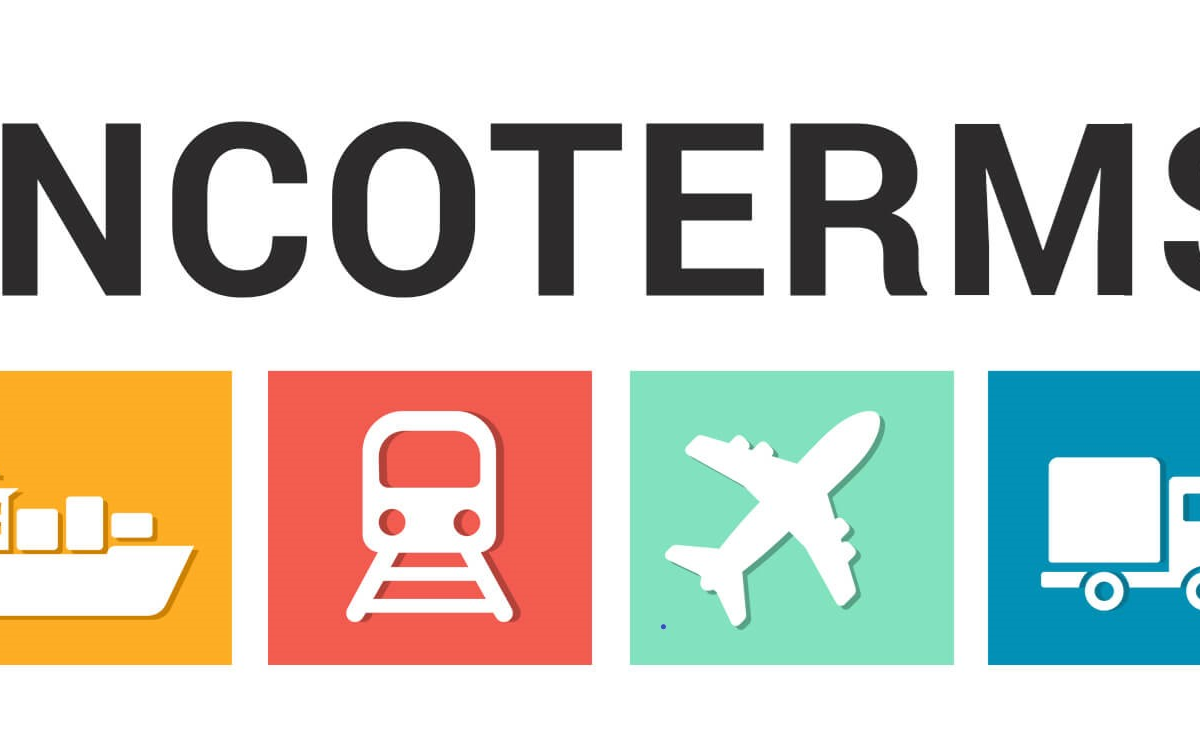
This article is written by Austin Garcia
U.S. and Mexico Combat Tariff Evasion on Steel and Aluminum
The United States and Mexico recently announced new measures to stop the circumvention of U.S. tariffs on steel and aluminum. They are specifically targeting products from China that travel through Mexico. These new policies, which the two countries announced last Wednesday, aim to strengthen North American supply chains and counter China’s excessive industrial capacity.
Key Provisions of the New Agreement
- A “Melted and Poured” Standard for Steel: To avoid a 25% tariff under Section 232 of the U.S. Trade Expansion Act, steel imports from Mexico must be verified as having been “melted and poured” in Mexico, the U.S., or Canada. Section 232 of the 1962 act grants the president authority to impose tariffs on imports that threaten national security.
- Aluminum Tariffs: Importers can avoid a 10% tariff on aluminum only if the product does not contain primary aluminum smelted or cast in China, Russia, Belarus, or Iran.
- Verification and Information Sharing: U.S. importers of steel and aluminum must provide certificates of analysis to U.S. Customs and Border Protection to verify the metals’ country of origin. Additionally, Mexico has agreed to require its importing companies to provide more detailed origin information for steel entering the country.
Broader Context and Reactions
The two countries designed these new measures to prevent Chinese goods from entering the U.S. market without tariffs, which could happen by exploiting Mexico’s duty-free access under the USMCA trade pact. U.S. officials have expressed concern that Mexico could become a transit point for Chinese products. They also voiced similar worries in April regarding Chinese electric vehicle manufacturers setting up factories in Mexico. U.S. Trade Representative Katherine Tai praised the new policies, stating that they close a gap the previous administration had left. The American Iron and Steel Institute also expressed its support but emphasized that Mexico must provide accurate data to ensure effective enforcement. Mexico’s Ministry of Foreign Affairs noted that the agreement will also include a mechanism to ensure that the U.S. does not subject Brazilian steel processed in Mexico to tariffs.



